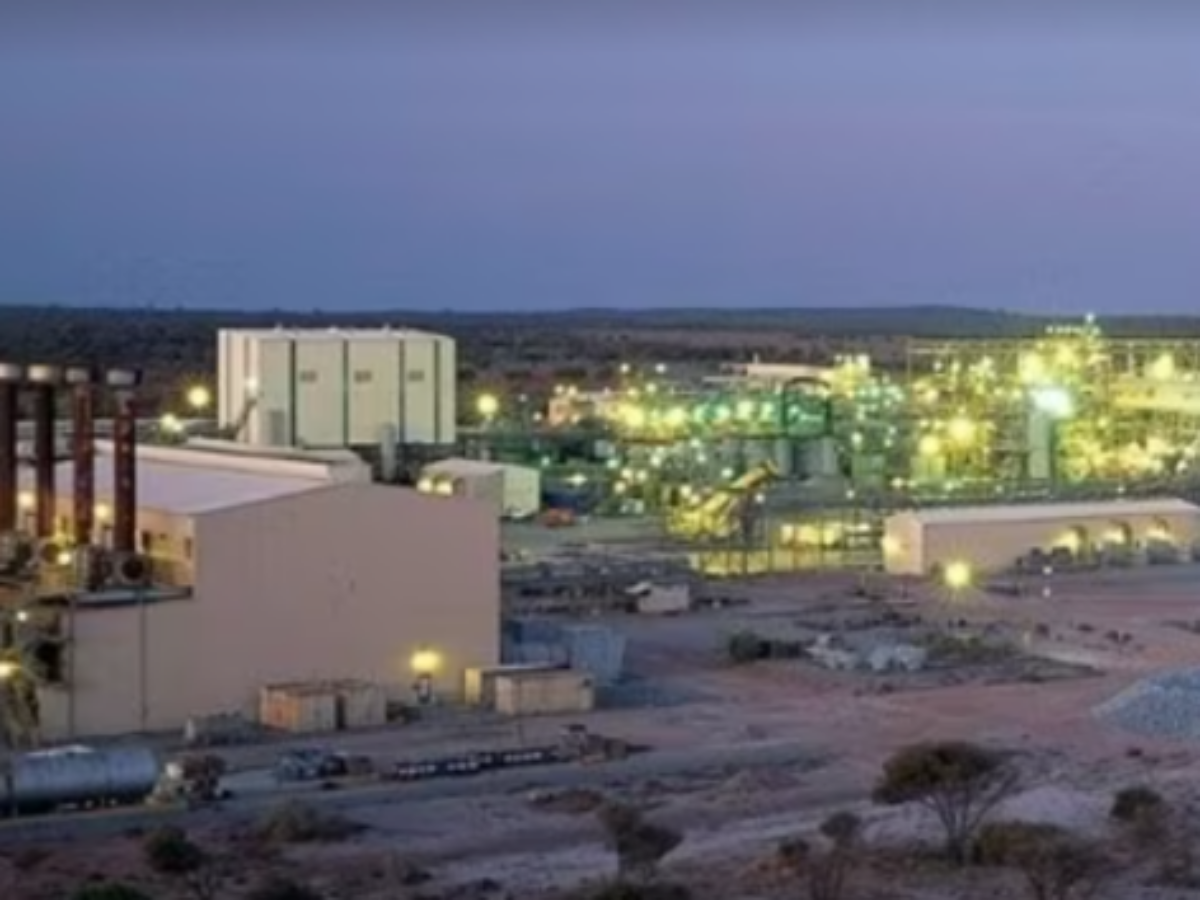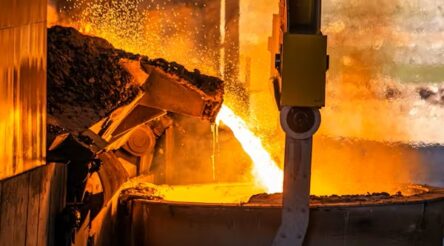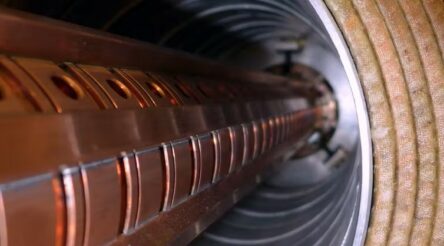Critical mineral nickel slump spurs government action

A slump in prices for the critical mineral nickel – used in battery manufacture – has brought action from the federal and Western Australian governments.
In the past few days federal Resources Minister Madeleine King placed nickel on the Critical Minerals List, giving nickel companies opportunity to access billions of dollars in Commonwealth funding.
And the Western Australian government announced that it will offer local nickel producers a 50 per cent royalty rebate – starting from the March quarter 2024 – and will be available over an 18-month period through a new Nickel Financial Assistance Program.
Exports of nickel metal averaged $48.60 million from 1988 until 2023, reaching a high of $232.30 million in September of 2022.
However a flood of output from Indonesia has seen a slump in London Metals Exchange benchmark prices.
The Minister for Resources Madeline King said in a statement that since the Critical Minerals List was updated on 16 December 2023, six operating nickel facilities have either announced reduction in operations or gone into care and maintenance.
The decision to place nickel on the list means companies will have access to financing under the $4 billion Critical Minerals Facility and critical minerals–related grant programmes such as the International Partnerships Program ($40 million).
According to a statement: “The road to net zero runs through the resources sector. Minerals such as nickel are essential to the energy transition.”
An electric vehicle battery incorporates an average 40kg of nickel.
The WA government said its royalty relief was a response to extremely challenging global market conditions which have prompted mine and processing plant suspensions, and significantly impacted jobs.
The royalty rebate will be provided if the average price of nickel in concentrate is below US$20,000 per tonne for a given quarter. The rebate will then be repayable by the companies in equal quarterly instalments over the following 24-months.
Companies will need to apply for financial assistance and provide details of their need for support – including information on their finances and projected economics, as well as steps taken to adjust to the current price environment and structural changes in the industry.
WA Premier Roger Cook said: “The nickel industry supported almost 10,000 jobs, and generated sales of more than $5 billion last financial year.
“It is also an essential component of the State's vision of becoming a global hub for the downstream processing of battery metals.
“Protecting local jobs is a key priority for my Government, and we recognise retaining our value-add, critical minerals sector is a key part of our plan to diversify WA, and set it up for future success.
“This is highlighted by our current work to refresh and update the Government's Future Battery and Critical Minerals Industries Strategy, which was established in 2019.”
The nickel industry encompasses mines, concentrators, smelters and refineries, including those operated by BHP's Nickel West (pictured).
BHP is considering the closure of its WA operations which employ 3,300 people.
Picture: Nickel West
@aumanufacturing Sections
Analysis and Commentary Awards casino reviews Defence Gambling Manufacturing News Online Casino Podcast Technology Videos





